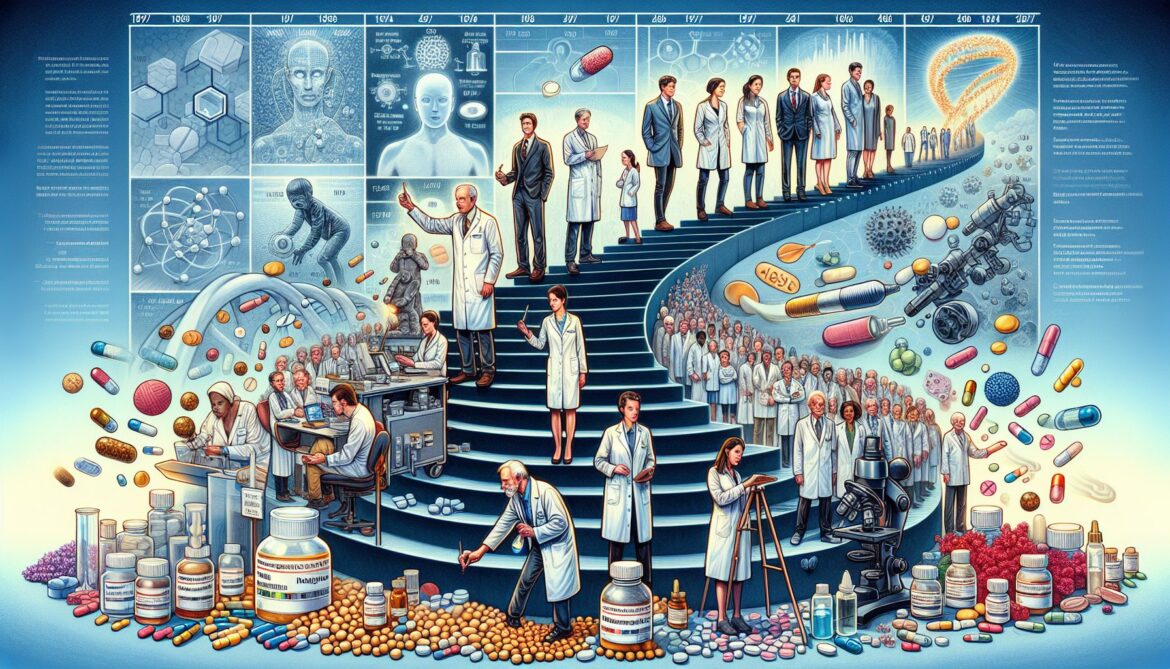
The pharmaceutical industry plays a crucial role in the healthcare sector by developing and providing medications to treat a wide range of illnesses and conditions. Over the years, this industry has evolved significantly, with new advancements in research, technology, and regulations shaping the way medicines are discovered, developed, and distributed.
One of the most significant changes in the pharmaceutical world is the shift towards personalized medicine. This approach focuses on tailoring medical treatment to the individual characteristics of each patient. By analyzing a patient’s genetics, lifestyle, and other factors, healthcare providers can prescribe medications that are more effective and have fewer side effects. This personalized approach has led to the development of targeted therapies for conditions such as cancer, autoimmune diseases, and rare genetic disorders.
Another key trend in the pharmaceutical industry is the growing use of digital technologies in drug development and healthcare delivery. Artificial intelligence, data analytics, and machine learning are being used to accelerate the drug discovery process, predict patient responses to medications, and improve patient outcomes. Mobile health apps, telemedicine services, and wearable devices are also revolutionizing how patients and healthcare providers interact, monitor health metrics, and manage chronic conditions.
Regulatory bodies around the world are also playing a crucial role in shaping the pharmaceutical industry. As more countries prioritize patient safety and access to affordable medications, regulatory frameworks are becoming more stringent, requiring pharmaceutical companies to adhere to strict guidelines for drug development, testing, and marketing. This increased scrutiny is aimed at ensuring that medications are safe, effective, and of high quality.
Despite these advancements, the pharmaceutical industry faces challenges such as rising healthcare costs, drug shortages, and counterfeit medications. Access to essential medicines remains a global issue, with many people in developing countries unable to afford or access life-saving treatments. In response, pharmaceutical companies are exploring new business models, partnerships, and initiatives to increase access to medications and improve health outcomes for all.
As we look to the future, the pharmaceutical industry will continue to innovate and adapt to meet the evolving needs of patients and healthcare systems. By leveraging cutting-edge technologies, collaborations, and regulatory frameworks, the industry has the potential to revolutionize healthcare and improve the quality of life for millions of people worldwide.
In conclusion, the world of medicines and the pharmaceutical industry is constantly evolving to address the complex healthcare challenges we face today. With a focus on personalized medicine, digital innovation, and regulatory compliance, the industry is poised to make significant strides in improving patient outcomes and expanding access to essential medications. Through collaboration, innovation, and a commitment to patient-centric care, the pharmaceutical industry has the potential to shape the future of healthcare for generations to come.


